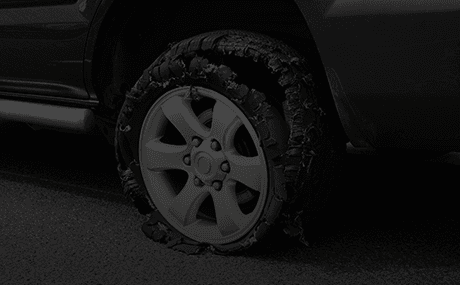A manufacturer has a duty to produce, design, test, manufacture, assemble, distribute, sell and otherwise place into the stream of commerce products that are safe in their intended and foreseeable use and free from defects.
A manufacturer may have breached its duty of due care and caused personal injuries to consumers and others although the product was used in a manner that was reasonably foreseeable.
As a result, the product may be unsafe and dangerous for its intended use. A manufacturer or distributer of a product may have also failed to ensure that the product would be administered safely and without harm to consumers and failed to provide sufficient warnings and use instructions that would have served to prevent injuries and damages as a result of using the product.
A person who is injured by a defective product may incur costs for physicians, surgeons, nurses, hospital care, medicine, hospices, X-rays and other medical treatment, as well as lost wages, and the inability to perform certain types of work activities and other activities.
An injured person may also incur expenses for future medical care and surgeries for treatment of their injuries.
A manufacturer, seller and distributor may also be strictly liable in tort for the defects of a product which caused the injury. Under a theory of strict liability, a manufacturer would be liable for injuries as the result of a product that is defective in design, manufacture and/or warnings. The theory of strict liability provides for liability against all of the entities in the marketing chain, which includes not only the manufacturers, but also the distributors and retailers.












